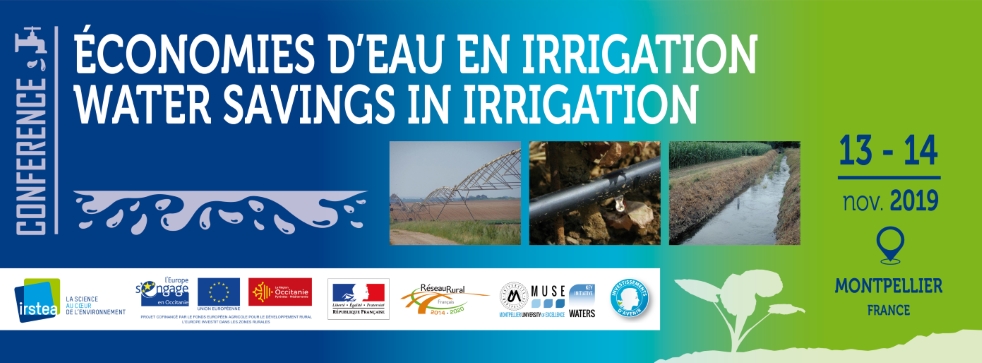In Turkey irigated agriculture, which has a significant potential for food security and poverty reduction, is the major water consumer with a share of about 74%. However irrigation efficiency is around 45% in irrigated areas, meaning 55% of diverted water returns to the river/aquifer system or flows into the sea. The climate change impact is likelty to worsen the water scarcity problems in almost all productive agricultural basins. Hence water-saving measures at all scales are crucial.
This presentarion will summarise the modernisation efforts on irrigation systems and management at the catchment scale in Turkey while some research results on water saving strategies and techniques at field and plant scales will also be presented. A concerted effort is being made by the state to equip the new irrigation schemes with modern technologies such as closed pipes for conveying the water instead of open channels, and water-saving micro-irrigation methods rather than surface irrigation techniques. In addition to nationally-funded endeavours, some internationally-funded (e.g. WB, GEF, EU) irrigation modernization projects have been implemented in several catchments. Furthermore various types of incentives such as interest-free loans and subsidies for implementing water-saving irrigation technologies, reduction in operation and maintenance costs per hectare when using micro-irrigation methods as well as postponing the farmers's debt payments to state banks especially after a drought year have been provided since 2007. Currently, about 65% of the total agricultural area in Turkey is irrigated by surface irrigation methods (furrow, border, etc.). The remaining part is irrigated with pressurized irrigation methods such as sprinkler and drip. At field scale, effects of different irrigation techniques (such as alternate furrow, subsurface drip irrigation and partial root drying) on yield and quality of cotton, maize, tomato and citrus crops were investigated whereas considerable increases in water productivity were observed for many of those crops. In a recent EU-funded project, Root2Power, we also investigated the potential effects of different drought tolerant rootstocks on increased water use efficiency of tomato, cucumber, pepper, eggplant and melons via hormonal and chemical signals at plant scale.
- Poster

 PDF version
PDF version
